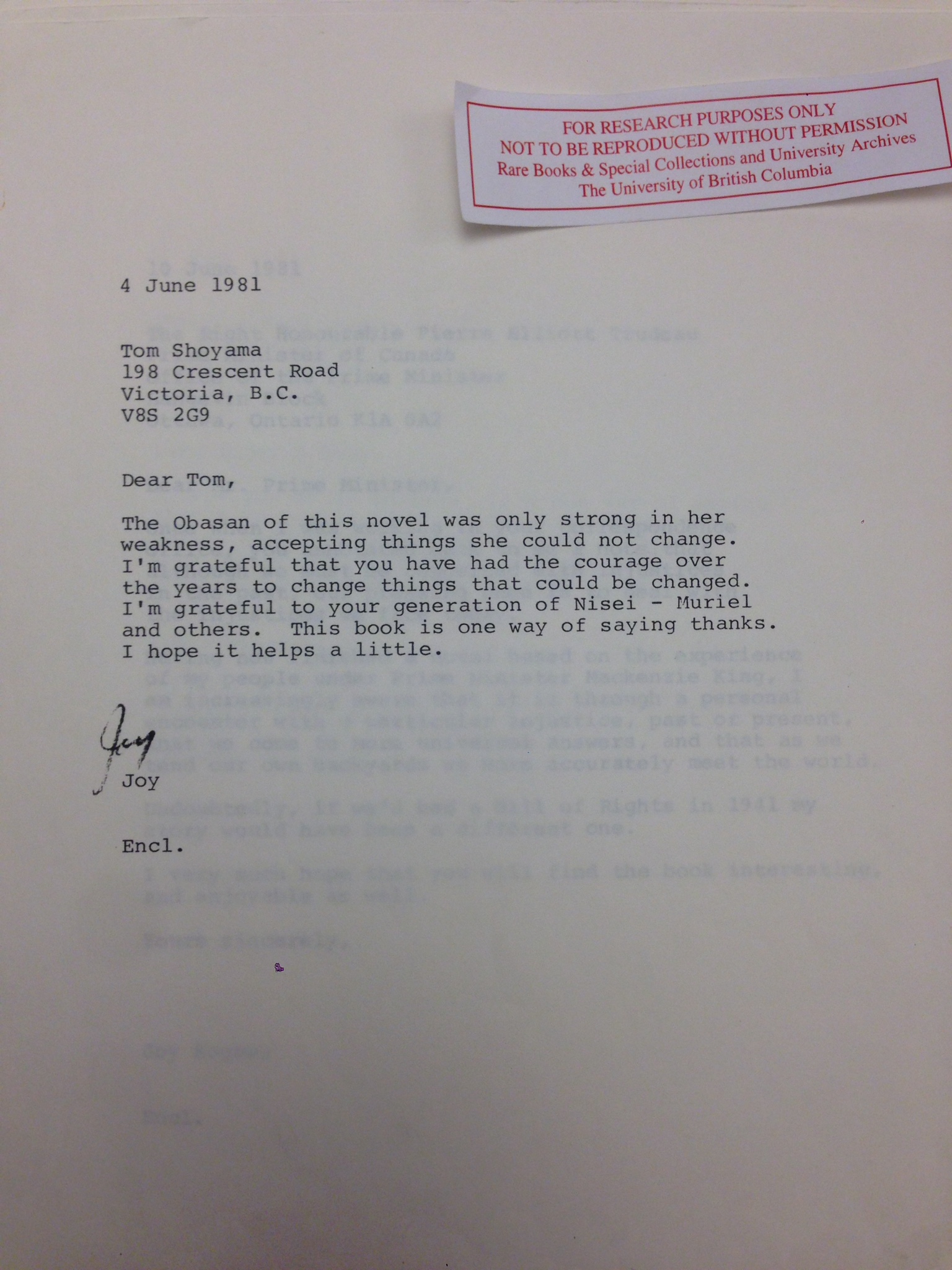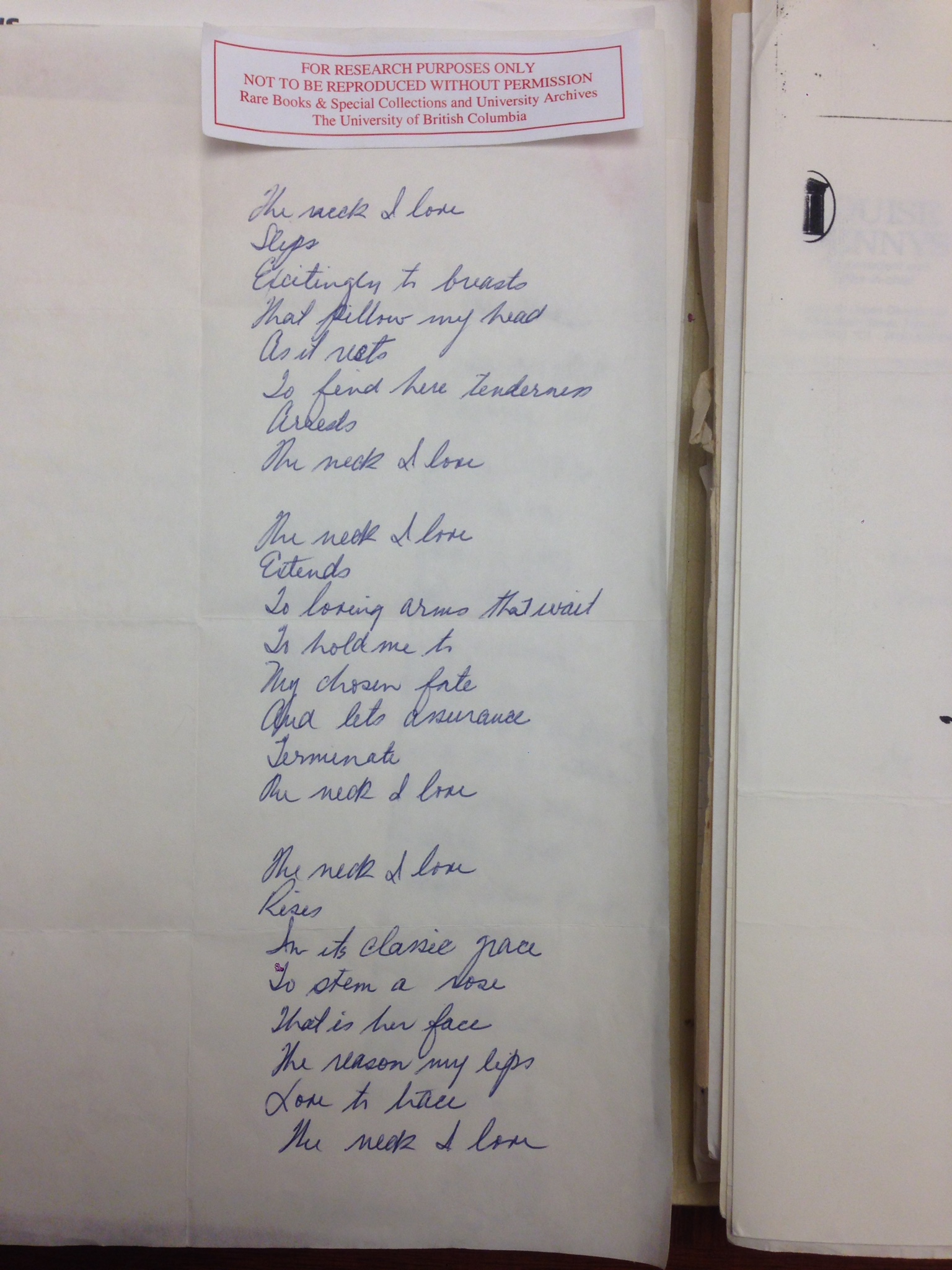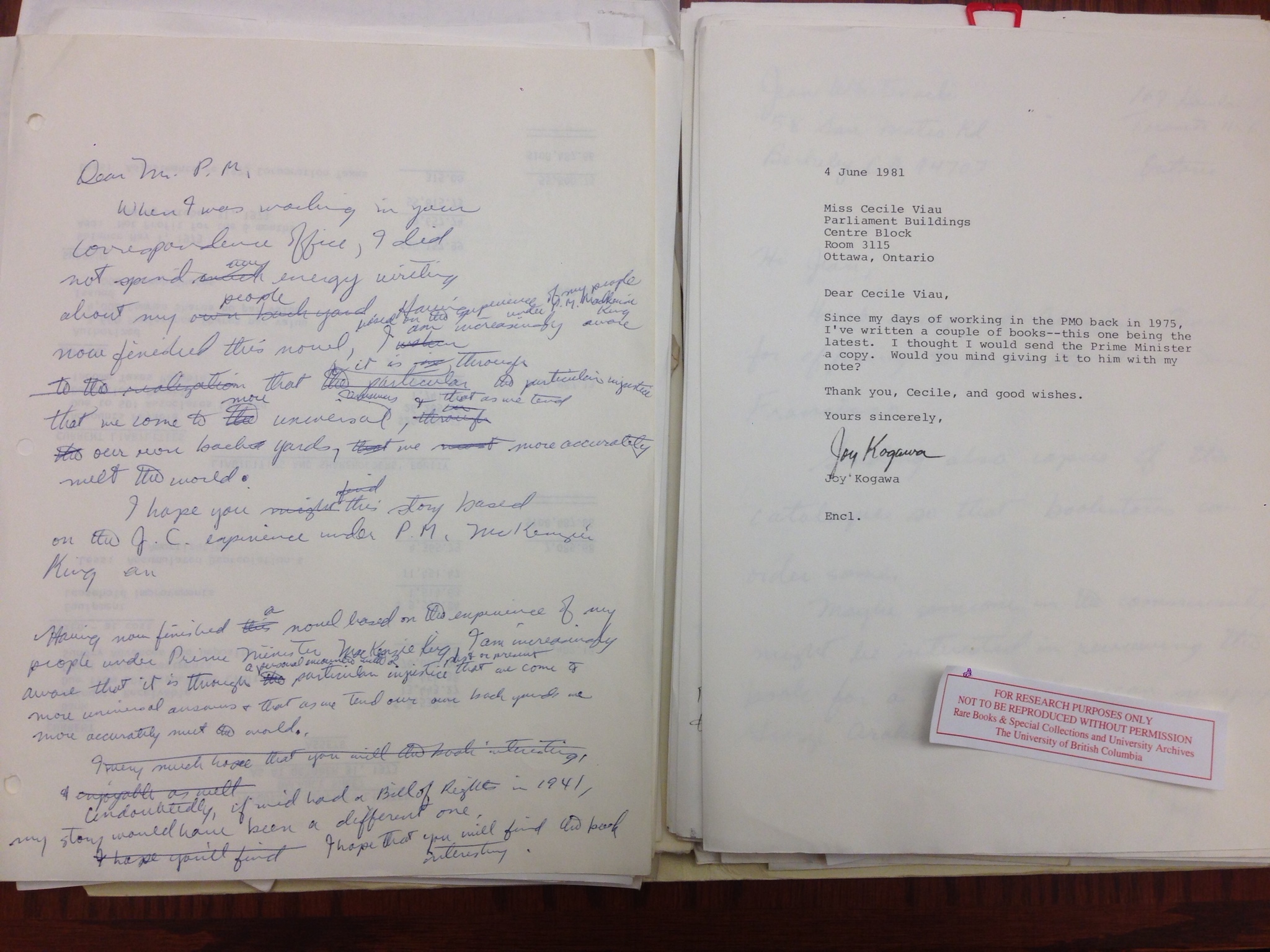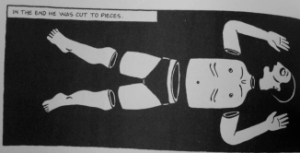Who am I, who are we, and what is humanity?
Helllllooooo readers, today we went over some Judith Butler, and anytime I read any piece of philosophical writing it really wakes up my mind. It allows me to view problems in ways I haven’t before, and forces me open up my mind to the potential “Real Truths” of the world.
Now I took a lot away from the Butler excerpt that we read, not necessarily a lot of answers (which philosophy has never really given me) but a lot of questions; the main one being, “what does it mean to be human?” Which then in turn makes me wonder “who am I”, “ho are we” and a whole plethora of questions. Butler really opened pandora’s box for me.
I think in this blog post i’m going to try and answer some of those questions. Now this isn’t the “correct” answer, as I’m not sure there is one, but it is what it means to me, as of now, on this Tuesday afternoon. What does it mean to be human? Now theres a big question, your interpretation of this really is a foundation for how you conduct yourself in life.(Whether as an individual, or a country) The area in Butler’s reading that made me consider this question was, “Why the ego? After all, if my survivability depends on a relation to others, to a “you” or a set of “yous” without whom I cannot exist, then my existence is not mine alone, but is to be found outside myself, in this set of relations that precede and exceed the boundaries of who I am.” (44) Now, I’m sure my interpretation of this is up for debate (as it is just an interpretation), but what it means to me was that without everybody else around me, there is no me. That without the other “yous” in the world there is no “I” and that really resonated with me. Butler made it clear to me that humans are only human because of others, and I like to think of it (in political science terms) kind of like the nation-state, vs a globalized world. I think that our current predicament is that we view “each other”, or (maybe how Butler would put it) “ourselves” as our own particular country, and sometimes even less than that. Sort of a me vs the world. That limits our view on who we view as human and who’s lives we deem valuable. Because we can so easily view other countries’ civilians, or even people who just look different than us, as not us (maybe subhuman) that allows us to justify the horrible atrocities that we would typically consider unjustifiable. So what that little excerpt from Butler meant to me was that humanity transcends the nation-state and really we are all one. Just because somebody comes from another place than me, or looks different from me, or even fights against me, does not take away their inalienable right to be considered human. So I think my views would tend to align with what I think Butler is articulating.
As the Declaration of Independance says, “all men are created equal”, to me, that means that, well, at the end of the day everybody is equal, and sometimes it just makes me think about the hypocrisy of the United States government and the people of the United States who believe so vehemently that the constitution is a doctrine that should be treated as the absolute truth, and will defend the 2nd amendment (the right to bear arms) with all their hearts, yet have such a skewed view on what it means to be human. Now I can understand some of the actions committed by the government, and maybe even some of the narrow minded beliefs that some of my fellow Americans hold. The world we live in is scary, but only because of the view that we have of “me vs. the world”. Its that dangerous cyclical style of thought that perpetuates the wars that humanity constantly seems to find themselves in. To break that cycle (I believe) takes some serious thought on the part of every “individual” out there. Not just the United States. I believe that we can and are changing this cycle of war, maybe not tomorrow, but one day sooner than some would like us to think. Theres hope, I hope. Wow, this got a bit preachy, but welcome to my mind readers. Thank you for reading this little glimpse into the deep dark “Korner” that is my mind. Also, don’t think i’m crazy, cause I’m not, i think. Hopefully you’ll come back next week, I promise i’ll be less preachy :). Until then.
-Kennedy




